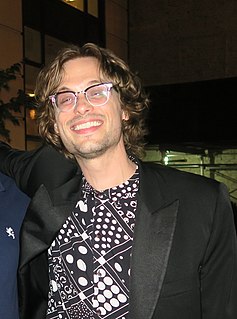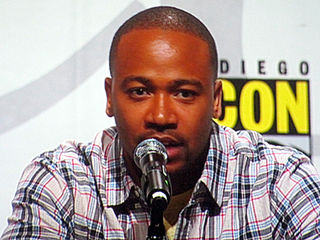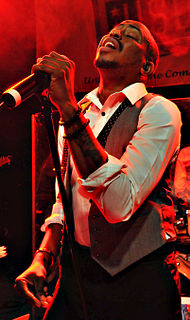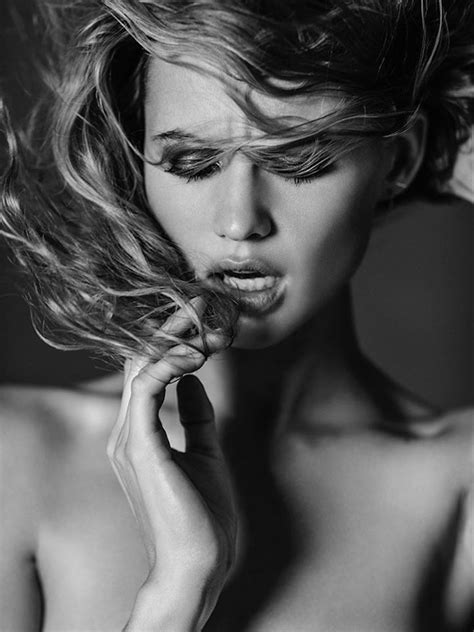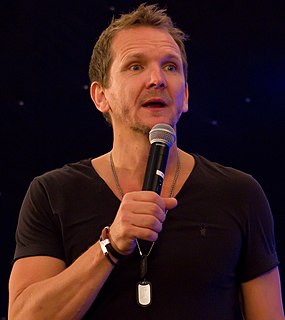A Quote by Matthew Gray Gubler
I've always had the utmost respect and awe of what the lens can do and what a director can do with just a camera move.
Related Quotes
If you're a certain type of actor, then eventually stepping into a director's shoes is a natural transition. I've always been the actor who's very focused on the narrative, where my character is in the story, and how I can benefit the story. I've always had a technical aspect of what the lens is, how the camera is going to move, how I can feed the information the director applies within that move. If you're that type of actor, narrative-based, technically proficient, the next step is actually not that far.
I take bits and pieces from every director. I'd say Sylvain [White] and Nimrod [Antal]. They were more about teaching me lens sizes and depth of field and how to move the camera and lighting. I do want to direct and I didn't go to film school, so having a director that are very much hands on that way and looking to let me learn, that is a key factor.
When I move from being a cameraman to being a director I looked at a lot of other cameramen who tried to make the move. And in each case they moved up their camera operator to be the DP, which really meant they didn't want to give up being the DP, and really wanted to do both. And my feeling was if I was going to succeed as a director, I had to just be a director and give up the safety net of being a cameraman.
It {Darwin's theory of evolution] was a concept of such stunning simplicity, but it gave rise, naturally, to all of the infinite and baffling complexity of life. The awe it inspired in me made the awe that people talk about in respect of religious experience seem, frankly, silly beside it. I'd take the awe of understanding over the awe of ignorance any day.
Coming from a single parent household, I witnessed firsthand the strength and courage of the single mother. I always had my father in my life but my household was run by my mother and my grandmother. As a result, I have always had the utmost respect for women and have chosen to strongly convey that in my music.
Composition is what's similar between being photographer and director. As a photographer, you're sort of doing everything - you're directing the lights and you're framing and you're moving around. The hardest thing to learn as a director is how cameras have to move. You have to have patience, you have to learn how to look through the lens and then you have to learn to combine all of the compartments into one great image.
I've had friends who have come away who've said, "I shouldn't have become such close friends with the director." You always want to get on with the director, but I personally prefer a relationship where you respect them - you get on really well with them, but they're boss, as it were. It's about trusting your director, for better or for worse. They're the one's seeing what's coming out on the monitors, so you have to try and trust what they say.
